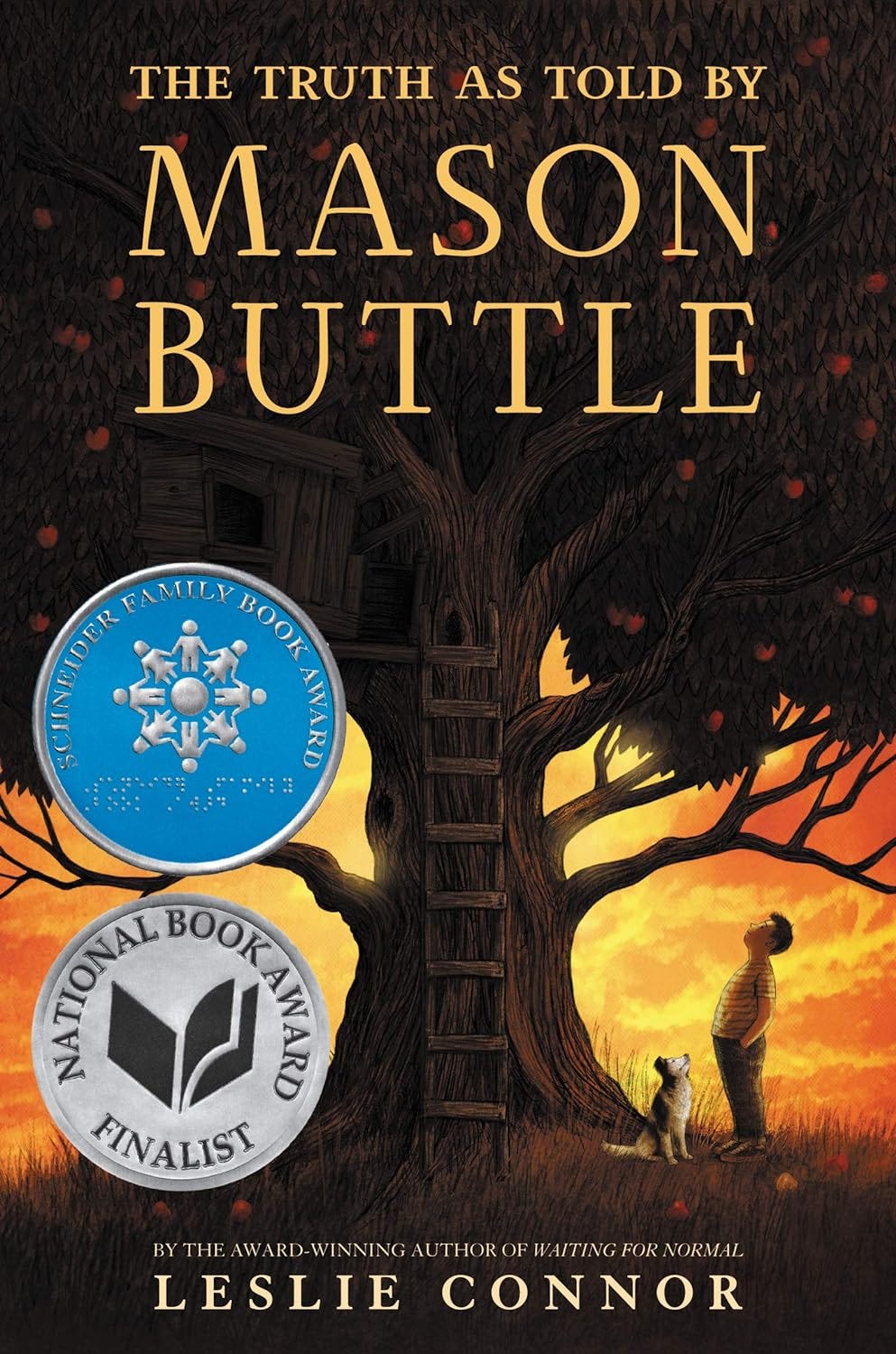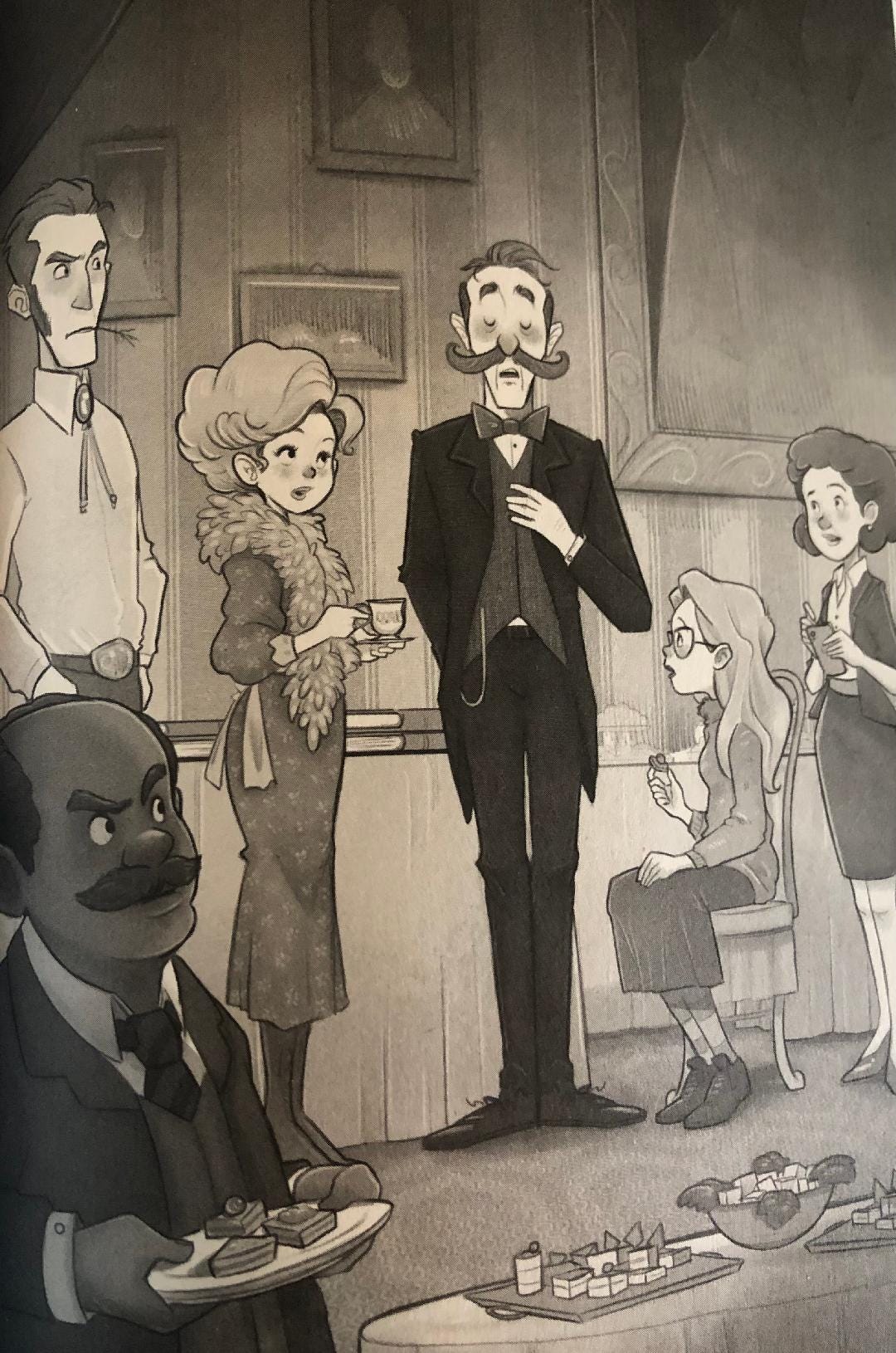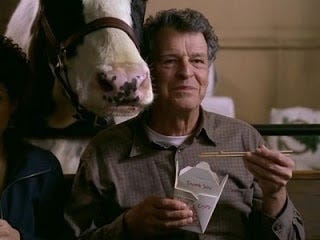How to Choose Your Protagonist (Plot Your Novel Part 3)
Where Fleur shows you how to build character(s)
Before I start, here’s a quick recap of my goals:
Writing a novel takes time. Editing, even longer. In my case, I expect it’ll take me until the middle of 2024. I’ll outline in 2023 and write and edit in 2024.
Instead of cranking out a rough draft and calling it a win, I’ll show you the WHOLE process—writing, editing, the whole journey to a FINISHED novel. Soup to nuts, as they say. And to make the process realistic for those of you with day jobs and families, I’m only going to set aside an hour a day, because I know that’s what many of you have to work with.
Here are the rules (for me, or you if you want to join):
1. One hour a day, six days a week. That way if I miss a day, I can make up for it. Or I’ll take a break. I like breaks.
2. One novel, edited and ready to go by July 1.
3. Every Sunday, I’ll share a step in the process so you can follow along. Right here.
You’re still here! Yay :-)
Here are parts 1 and 2, if you’re catching up:
Part 1: Brainstorming Your Novel Idea
Part 2: Developing a Concept and Short Plot Outline
Onward…
At this point, you probably have a good idea of what you want to write. You have your comparable titles picked and your novel’s inspiration box created. I know I do.
Now, you want to choose your main character, your protagonist who you’re about to send on a miserable quest*. And there’s a supporting cast, of course.
Choosing a Protagonist
So whose story should this be? There are entire writing craft related books that will delve deep into this topic; if you feel you need the support, you can find them easily at your library or bookstore. But we’re trying to move things along here.
At its most basic level, your protagonist should be who is changed the most by your story’s plot.
Whose story is this? Sometimes, we start writing from one perspective and find the story really belongs to someone else.
Maybe you have multiple protagonists. Let’s continue exploring this further…
I Don’t Want to Do This
Some years ago, I read this great book called The Truth as Told by Mason Buttle by Leslie Connor. I highly recommend it as a character study. Basically, Mason (the protagonist) doesn’t want to remember how his best friend fell from the treehouse and died, even though Mason was there. It’s more literary than mystery, but a great example at how to choose a protagonist.
Create character conflict by choosing the person who least wants to be there as your protagonist.
This sounds complicated, but you basically create a character arc by having your protagonist overcome what makes them not want to go.
Here are more examples:
In Midnight at the Barclay Hotel, JJ just wants to go ghost hunting, not solve the mystery of Mr. Barclay’s murder, especially since he’s hiding a secret from his mom. Penny is afraid of everything, but overcomes her fears by continuing her detective work with JJ and Emma.
In Liar and Spy by Rebecca Stead, Georges befriends a neighbor boy, investigates a mystery in his apartment building, and faces his grief and lies he tells himself.
In the movie Up, Carl has to overcome his sadness about his wife’s death to celebrate life and the dreamer inside himself. This movie is one of my favorites…
In Daybreak on Raven Island, Noah has severe anxiety. By facing his fears alongside his newfound friends, he is able to let go of some of his grief relating to his mother’s death, and face the darkness (literally and figuratively).
I could go on for a while, but it’s time to get to work now:
Your Turn
Take one of your comparable titles (that’s a book that’s like the one you’re writing) and write up a similar condensed character analysis: X (character) overcomes Y (fear/reason they don’t want to be there) by doing Z (external conflict/mystery/plot).
Once you get this, create a similar summary for your own novel-in-progress. It’s okay if this feels crude and simple. You’re just trying to get to the core of your character.
Here’s my character analysis:
For what it’s worth, it was still hard for me to finesse this—and I’ve been writing novels for over a dozen years now! Anyway, here’s what I have for my WWII kids novel-in-progress:
Maartje needs overcome her desire to fight and stay silent when she impulsively hides a girl who is about to be deported in WWII Amsterdam.
Basically, all Maartje wants to do is fight, but she learns that the hardest battles are fought in secret (and silence) when it’s WWII and there are Nazis in your backyard.
This is a picture of Grace, who dressed up as Penny for her school’s favorite character day. Cool, right?
My Superpower Is…
Likewise, you want to think about what makes your character special. What’s their superpower? In Midnight at the Barclay Hotel, Penny loves to read. This helps her solve the mystery surrounding Mr. Barclay; no one else has her superpower so that makes her special. In Daybreak on Raven Island, Noah wants to make a scary movie. It’s his desire to make his mark that drives a lot of his actions in the book.
Whenever I get stuck, I ask: what does my character want? How can I make getting this so hard that they have to dive deep into their soul to get there?
Supporting Cast
You can use a similar process to develop the supporting cast. I know, it’s a lot of work, but then we are plotting a whole novel here…
Quick cheat: whenever I have trouble nailing down a character, I imagine which actor might play them if my book was a movie. Once I have a visual of what that character looks like, other traits fall into place.
Quick cheat #2: If I’m still stuck, I start with a stereotype and build out. Take a successful CEO, for instance—she’d be very driven, right? But what happens when that CEO was once a homeschooling mom? You have JJ’s mom in Midnight at the Barclay Hotel, a multi-dimensional character.
Pinterest, Canva, the walls in your office are all great places to make your characters come to life. Watch a few TV shows with a strong ensemble cast (Big Bang Theory, Kim’s Convenience, Schitt’s Creek, etc.). I asked Twitter for their favorite ensemble cast shows, and I got ALL the suggestions. Short answer: we all watch a lot of TV…
Fleur Gets to Work
I’m taking the time this week to develop my entire cast of characters. Thanksgiving seems like a good time to do this; you can watch the people at the dinner table for interesting character traits…
How about you?
What character in your favorite books do you love, and why?
*The quest should be miserable, or there’s no conflict. I know this is hard, when you like your characters…









This is so smart! I love the comp title strategy here.